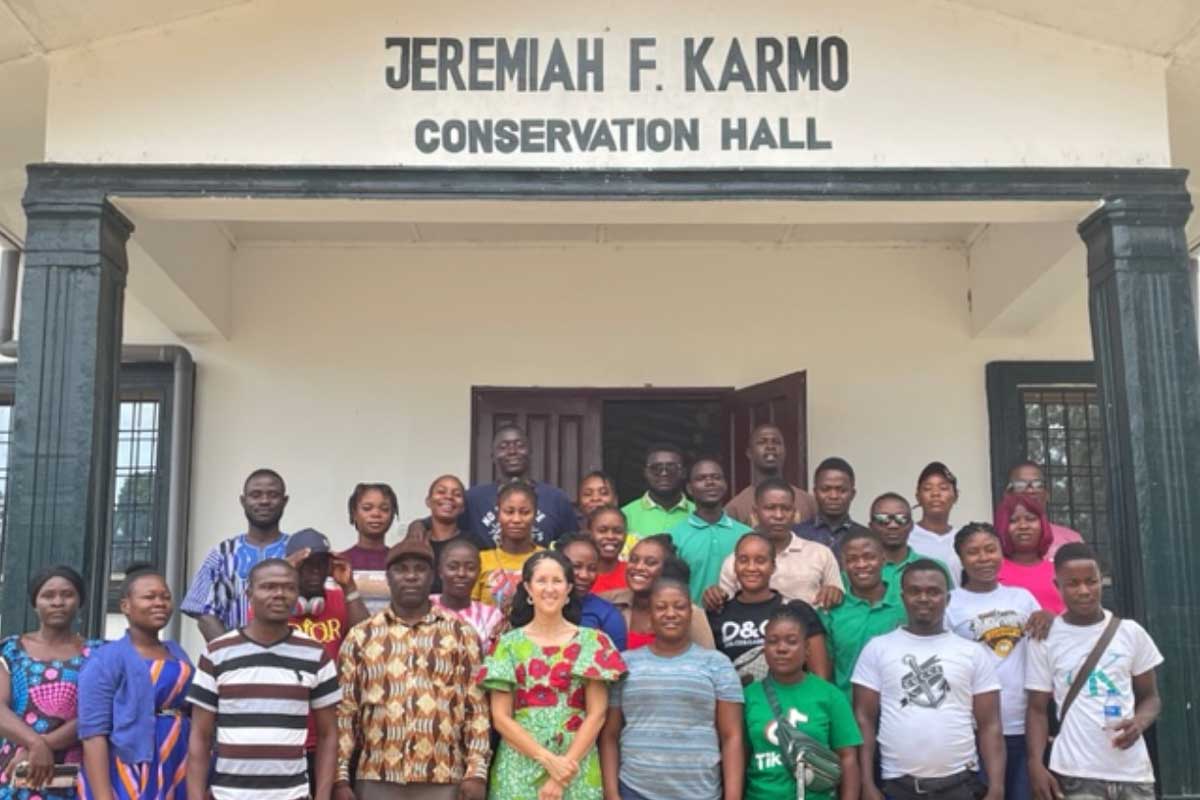
Last month, while Massachusetts endured a gray, chilly January, I found myself deep in the Liberian rainforest. With a colleague from the University of Georgia (UGA), I visited two forest-dependent communities in the Liberian interior, and spoke with a wide variety of people there about their needs, challenges, expertise, and aspirations.
The U.S. Agency for International Development (USAID) has awarded $5 million to a team of institutions, led by UGA, to implement a program called Higher Education for Conservation Activity (HECA) in Liberia. Its purpose is to develop a bigger, stronger conservation-oriented forestry workforce there. WCW is one of these participating institutions, and this is our first project in the environmental arena.
Liberia is a country I have been working in since 2009, mostly in the gender and higher ed arenas. This project is actually no different, because WCW’s role is to coordinate the aspects related to gender equality and social inclusion: We want more women in this forestry workforce, and more of other kinds of people who have historically been excluded or sidelined. We also want this project to empower youth, because more than 60% of Liberia’s population is under 25.
Saving the rainforest means less climate migration, less violent extremism, and lower risk of resource wars. It also means fewer mental health crises, and fewer gender-based violence war crimes such as the rape and abduction of women, especially young women and girls.
Why does USAID care about forestry in Liberia, and why does WCW? Well, the timing of this project comes at a tipping point for Liberia’s rainforests, which account for approximately half of the remaining rainforests in West Africa. Over many years, these forests have been degraded by unsustainable forestry practices, land conversion, and other pressures.
We know that rainforests are the lungs of the planet and reservoirs of biodiversity. But when they dry up and turn to desert—as has happened in Chad, Mali, Burkina Faso, and the Central African Republic over the past half century—social, economic, and political disasters result as well. These include resource shortages (most notably water), political instability, jihadist incursions, lawlessness, violence, and climate migration. Reducing these is a goal of U.S. foreign policy. Saving the rainforest means less climate migration, less violent extremism, and lower risk of resource wars. It also means fewer mental health crises, and fewer gender-based violence war crimes such as the rape and abduction of women, especially young women and girls.
That’s why it is a vital part of HECA and WCW’s mission to design a strategy to empower women and young people in the Liberian forestry sector: When rainforests disappear, they are directly affected, so they must be part of the solution. This strategy will also benefit people with disabilities, crisis- and conflict-affected individuals, first-generation post-secondary students, people from minority religious communities, and rural, forest-dwelling, and forest-dependent people. HECA is built on the premise that sustainable development must be inclusive development.
Our team spent December and January getting the project off the ground in Liberia, meeting with USAID, our colleagues at the Liberian partner institutions, and a diverse array of stakeholders in government, local communities, and the NGO sector. A highlight of the trip was conducting a three-day social science research methods training workshop with student interns at the Liberian Forestry Training Institute who will be collecting data.
I’m looking forward to returning to Liberia for two weeks in March to meet with the data collectors and work with another set of UGA colleagues who are coming to the country for the first time. And I will return again in August to present at a larger convening. After that, I expect to return to Liberia periodically as the team works on creating a thriving forestry workforce that has the knowledge to conserve Liberian natural resources—and that includes those whose lives are directly affected by environmental sustainability. What an exciting new venture for WCW!
Layli Maparyan, Ph.D., is the Katherine Stone Kaufmann ’67 Executive Director of the Wellesley Centers for Women.



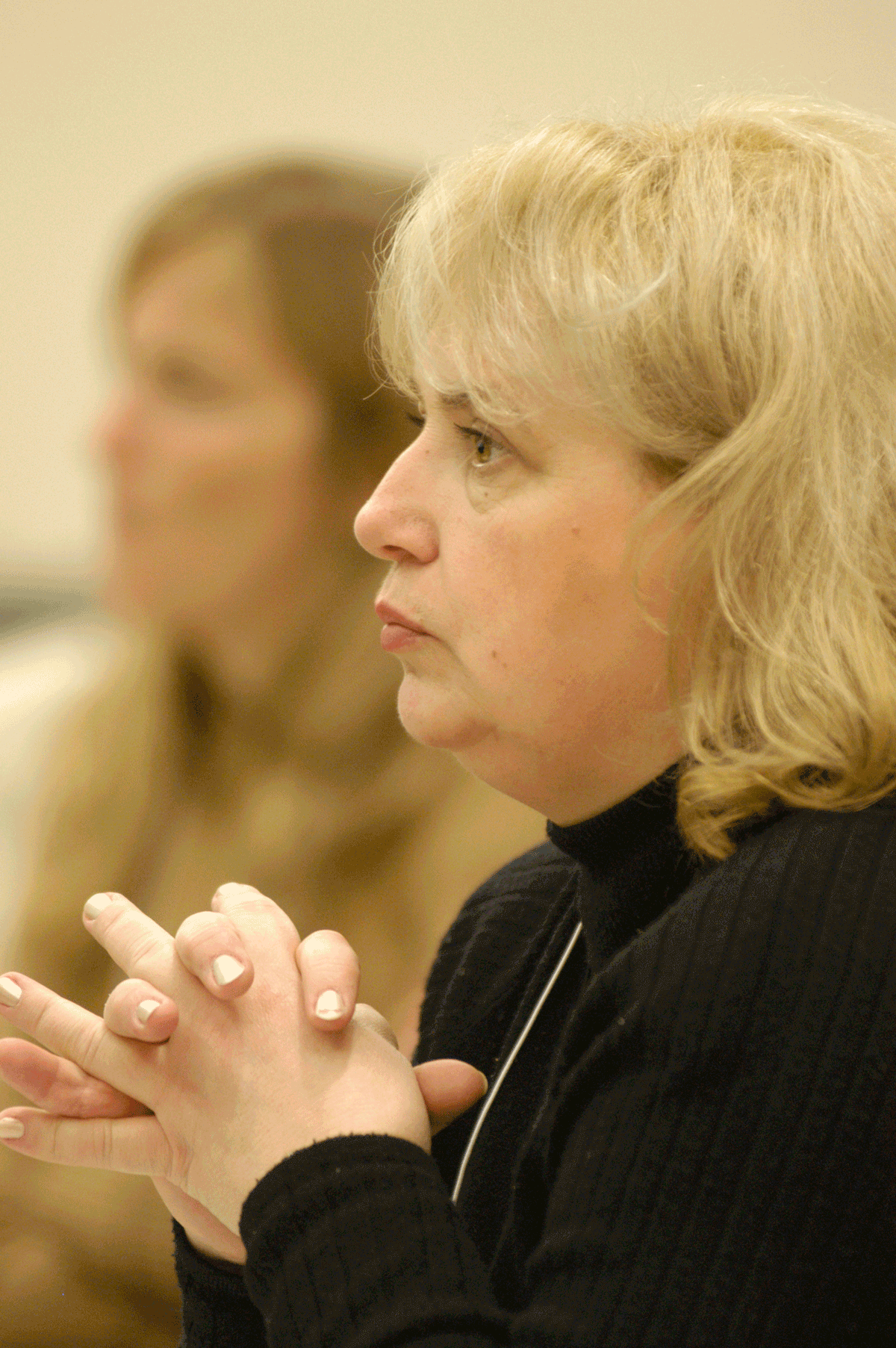
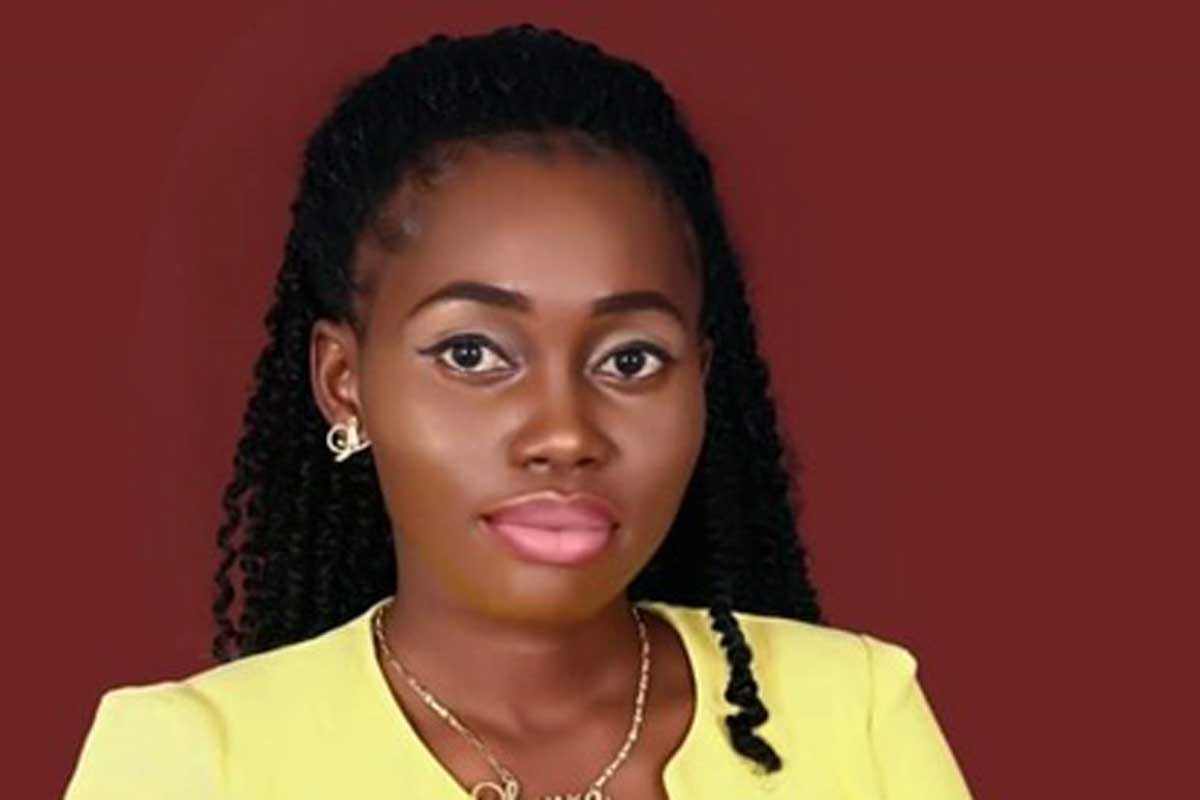 On March 11, 2021, the House of Representatives passed a bill seeking to “create a special education scheme to support deserving students attending public tertiary institutions across Liberia. The Bill is titled “An Act to Create a Special Education Fund to Support and Sustain the Tuition Free Scheme for the University of Liberia, All Public Universities and Colleges’ Program and the Free WASSCE fess for Ninth and Twelfth Graders in Liberia, or the Weah Education Fund (WEF) for short. The bill when enacted into law, will make all public colleges and universities “tuition-free”. The passage of this bill by the Lower House has been met by mixed reactions across the country: young, old, educated, not educated, stakeholders, parents, teachers among others, have all voiced their opinions about this bill. While some are celebrating this purported huge milestone in the education sector, others are still skeptical that this bill may only increase access but not address the structural challenges within the sector. I join forces with the latter, and in this article, I discuss the quality and access concept in our education sector and why quality is important than access. I recommend urgent action to improve quality for learners in K-12.
On March 11, 2021, the House of Representatives passed a bill seeking to “create a special education scheme to support deserving students attending public tertiary institutions across Liberia. The Bill is titled “An Act to Create a Special Education Fund to Support and Sustain the Tuition Free Scheme for the University of Liberia, All Public Universities and Colleges’ Program and the Free WASSCE fess for Ninth and Twelfth Graders in Liberia, or the Weah Education Fund (WEF) for short. The bill when enacted into law, will make all public colleges and universities “tuition-free”. The passage of this bill by the Lower House has been met by mixed reactions across the country: young, old, educated, not educated, stakeholders, parents, teachers among others, have all voiced their opinions about this bill. While some are celebrating this purported huge milestone in the education sector, others are still skeptical that this bill may only increase access but not address the structural challenges within the sector. I join forces with the latter, and in this article, I discuss the quality and access concept in our education sector and why quality is important than access. I recommend urgent action to improve quality for learners in K-12.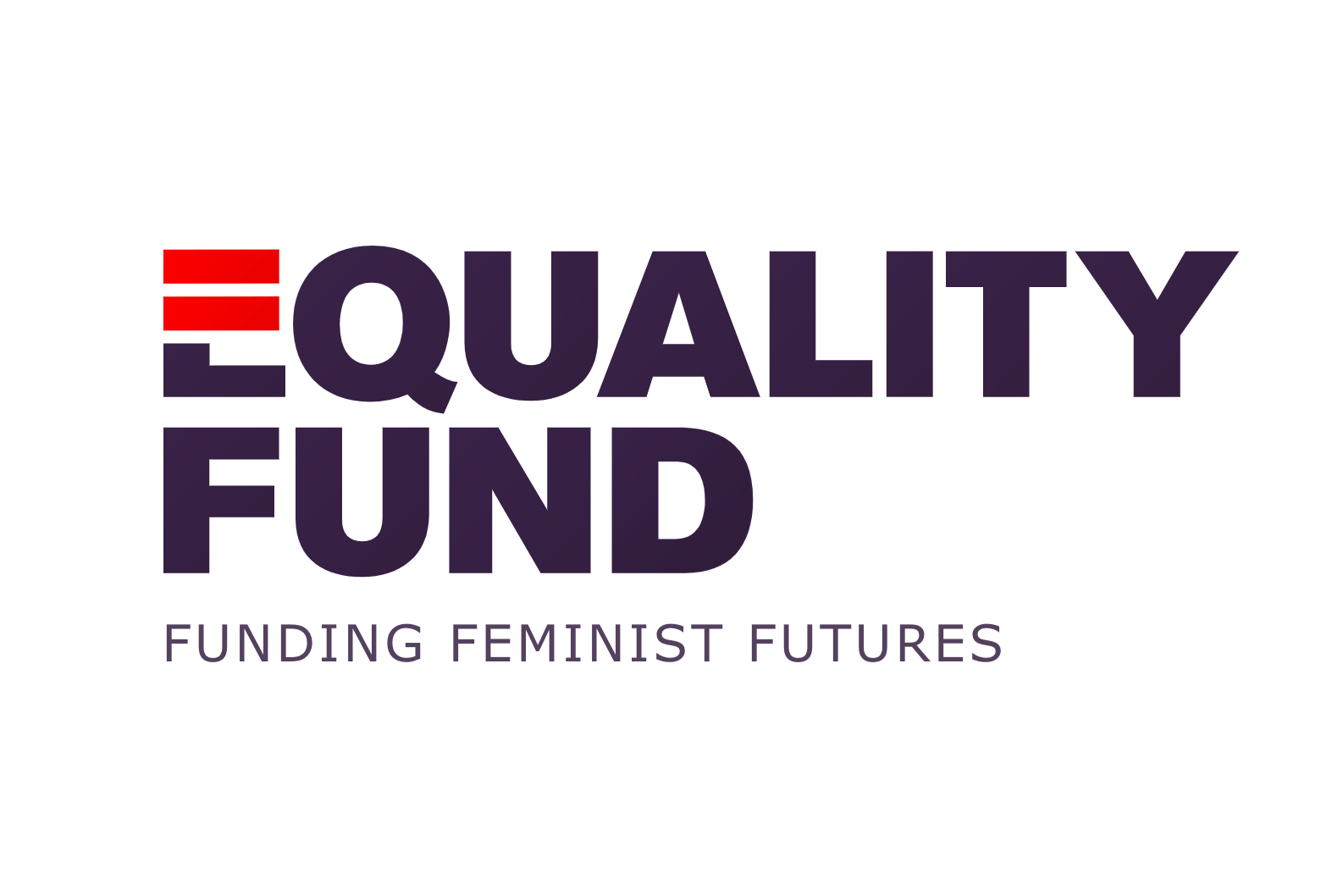 This week, Canada launched the
This week, Canada launched the 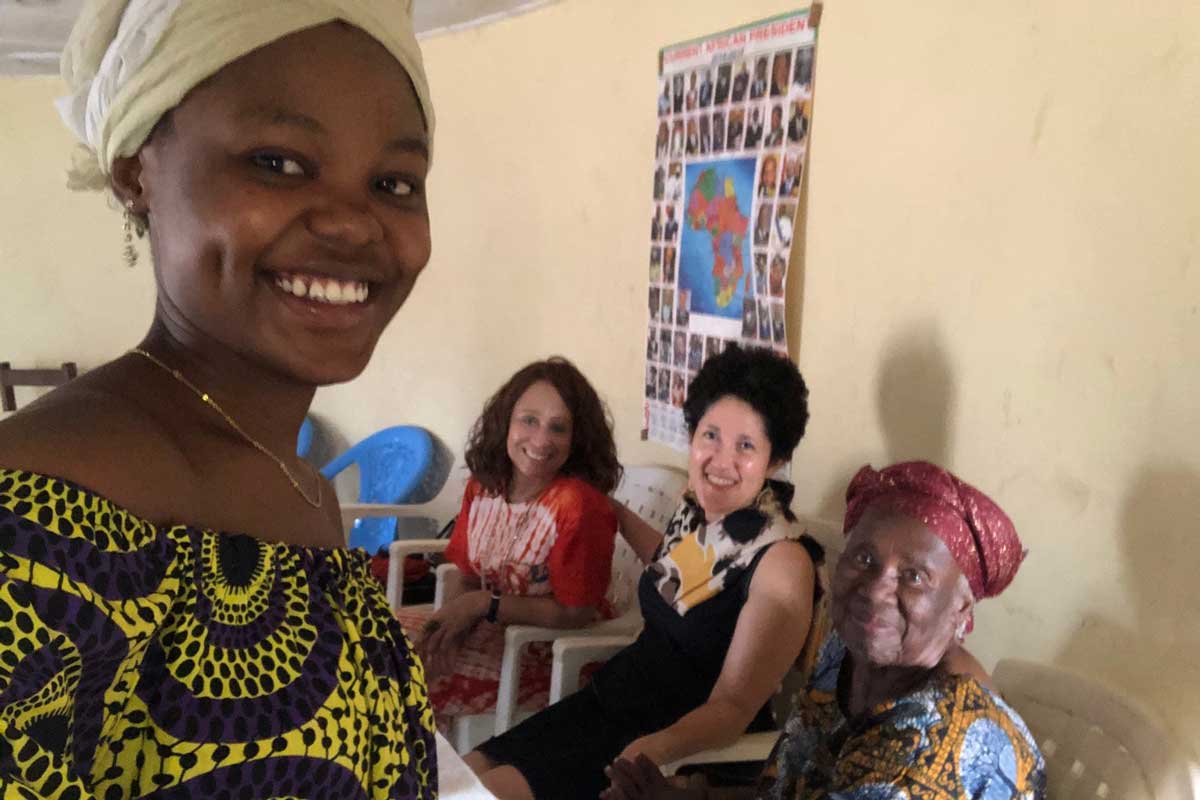 Recently I returned from Liberia, which USA Today just rated as
Recently I returned from Liberia, which USA Today just rated as 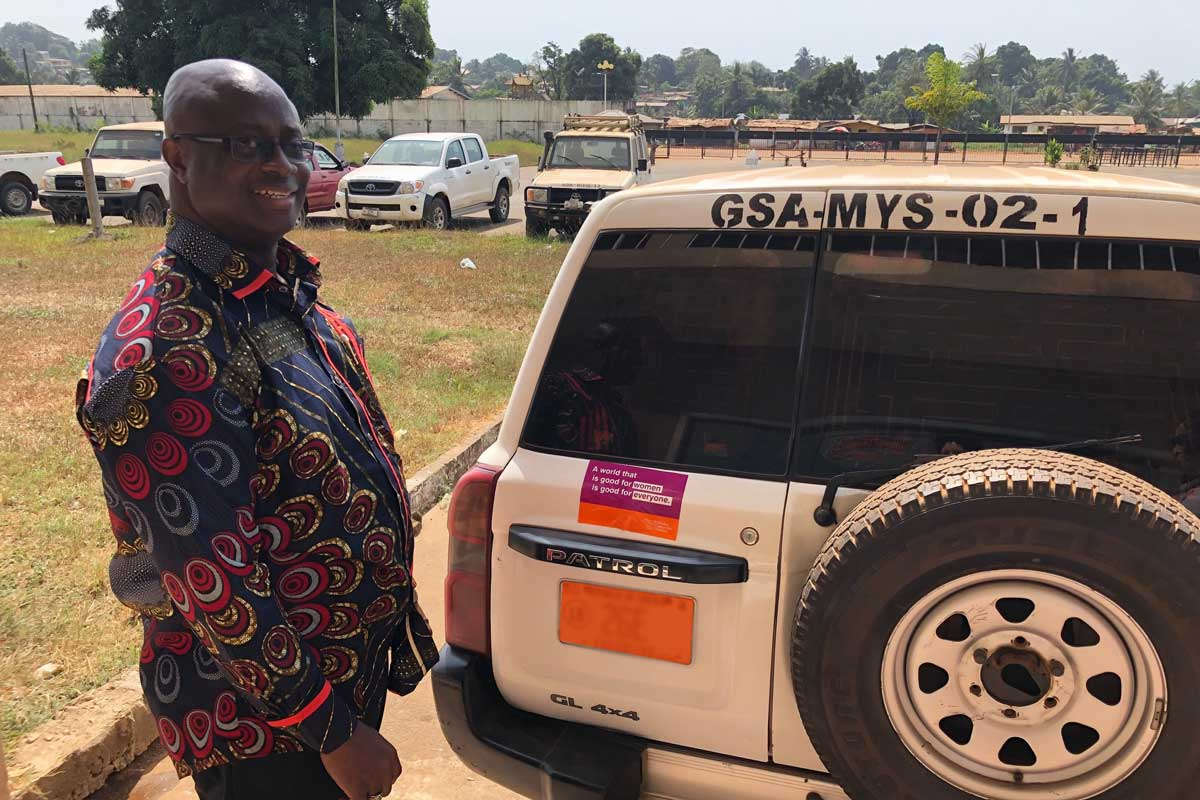 Another view—one that I would like to align with the research and action of the Wellesley Centers for Women—is one that sees (and contributes to) hope, promise, and enthusiasm in and with regard to African youth and their prospects. An approach that asks African youth for their own perspectives and aspirations, one that embraces African youth and their insights and talents, and one that takes the historical, political, economic, structural, and systemic context of African youths’ lives into consideration—and, at times, challenges those—is the one I would like not only to endorse, but to operationalize. It is an approach that sees the wealth in people, not just one that sees the poverty created by their circumstances. It is also an approach that cultivates African youth leadership.
Another view—one that I would like to align with the research and action of the Wellesley Centers for Women—is one that sees (and contributes to) hope, promise, and enthusiasm in and with regard to African youth and their prospects. An approach that asks African youth for their own perspectives and aspirations, one that embraces African youth and their insights and talents, and one that takes the historical, political, economic, structural, and systemic context of African youths’ lives into consideration—and, at times, challenges those—is the one I would like not only to endorse, but to operationalize. It is an approach that sees the wealth in people, not just one that sees the poverty created by their circumstances. It is also an approach that cultivates African youth leadership.